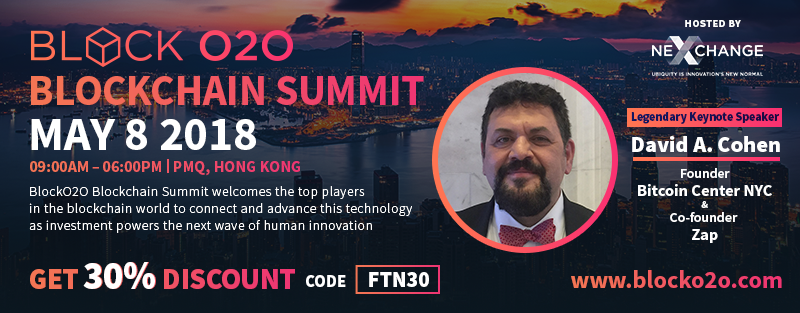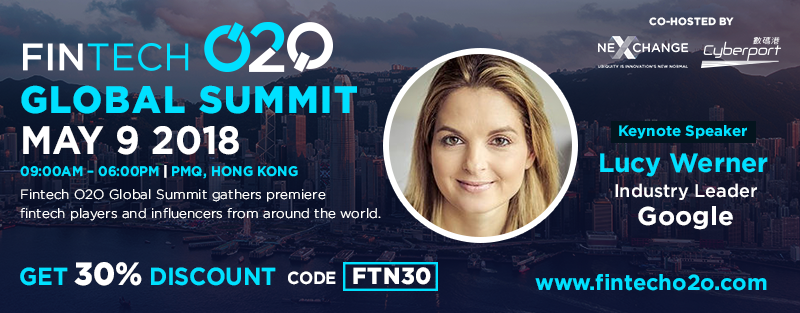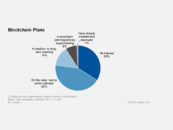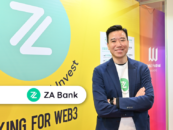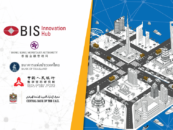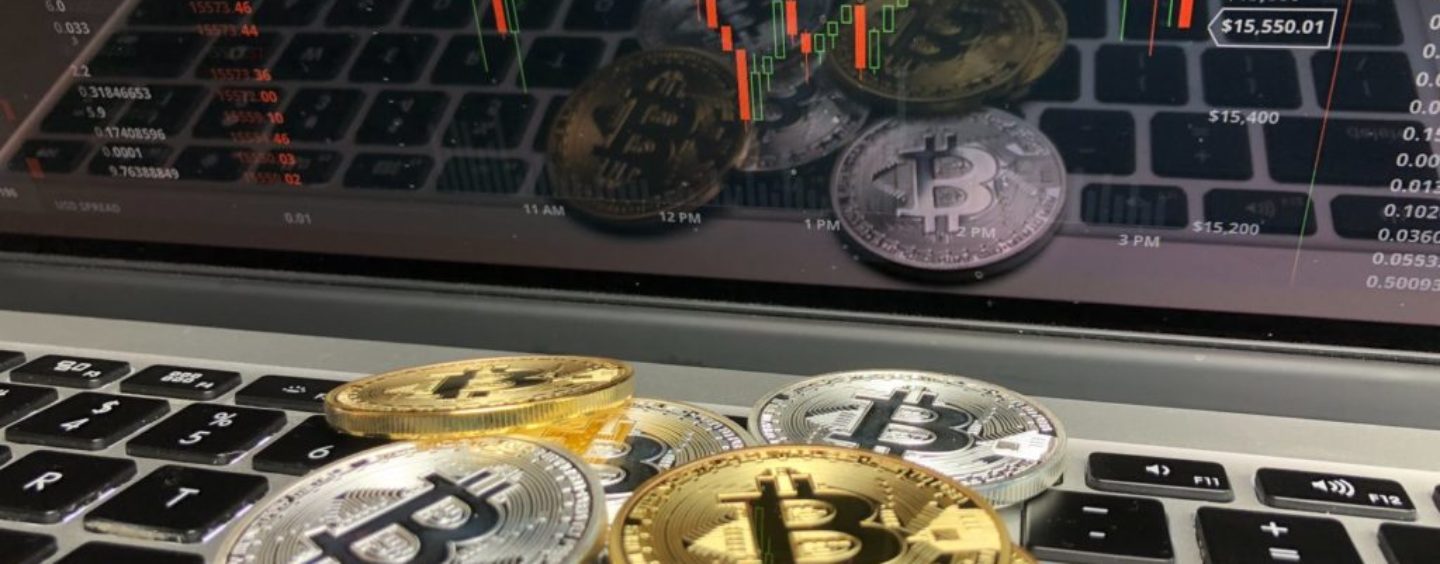
Hong Kong Remains ICO Crypto Hub Despite Regulator Skepticism
by Fintech News Hong Kong April 27, 2018The Hong Kong Securities and Futures Commission (SFC) has taken a critical tone on initial coin offerings (ICOs), qualifying many of these as “dubious, if not downright frauds.”
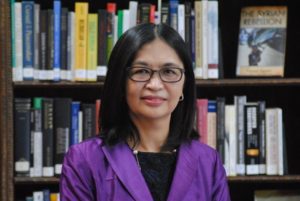
Image: Julia Leung, deputy chief executive officer and executive director of the Securities and Futures Commission (SFC) of Hong Kong, via Alchetron
In a speech at the Hong Kong Investment Funds Association on April 13, Julia Leung, deputy chief executive officer and executive director of the Securities and Futures Commission (SFC) of Hong Kong, said that while technologies such as blockchain have the potential to improve efficiency and financial inclusion, the high volatility of cryptocurrencies, the risk of hacking incidents as well as rampant scams in the space, make cryptocurrencies and ICOs highly risky for the average investor.
“Because of the highly technical content and opacity of some of these projects, it is hard for an average investor to pick winners, a job more suited for professional investors such as venture capital funds,” said Leung.
“Further complicating matters, many of these fundraisings are dubious, if not downright frauds. The issuers escape the scrutiny of the police or securities regulators because of their cross border nature and the way the crypto asets are structured to fall outside any regulator’s perimeter.”
The Hong Kong government currently does not have a specific regulatory framework for ICOs, but instead, if a digital token involved in an ICO targeting the Hong Kong public fall under the definition of a security, dealing in or advising on such token, or managing or marketing a fund investing in it, may constitute a regulated activity overseen by the SFC.
In the past months, the regulator has taken action against a number of ICO issuers and crypto asset platform operators. Last month, it ordered Black Cell to halt its ICO and return all tokens to investors. The SFC said the fundraising may constitute “unauthorized promotional activities and unlicensed regulated activities.”
In February, the SFC said it had sent letter to seven unnamed cryptocurrency exchanges, ordering them not to trade cryptocurrencies and tokens deemed as “securities” under Hong Kong law. These tokens were delisted. The authority also requested seven ICO issuers to immediately cease offering tokens to Hong Kong investors.
Hong Kong remains a Crypto ICO hub in Asia

Image: Hong Kong Cityscape, Pixabay
China banned ICOs last year, stating that token sales were “illegal and disruptive to economic and financial stability.” Since then, Hong Kong, which runs on a legal system different from mainland China and has remained open to cryptocurrency trading, has seen a surge in cryptocurrency-related activities.
Ben Yates, a lawyer with RPC specializing in fintech and cyber law, said he has seen significant growth in ICO-related inquiries since China banned the practice in September 2017. These are coming in at a daily pace, he said.
“It is very likely that the surge in the number of ICO inquiries we have received in the past few months is at least partly a consequence of the restrictions in mainland China,” Yates told the South China Morning Post.
“The obvious next step for many Chinese ICO issuers to take is to cross the border. You can still speak Chinese, but you can operate in a more favorable regulatory environment.”
Hong Kong has hosted a number of successful ICOs in the past years, including Gatcoin, which raised US$14.5 million in January 2018, AirSwap which raised US$36 million in October 2017, and the OAX Foundation which raised US$18 million in July 2017.
Gatcoin offers a solution for businesses to transform their traditional discount coupons, shopping vouchers and loyalty points into digital tokens. AirSwap, which has offices in Hong Kong and New York, is developing a decentralized cryptocurrency marketplace. The OAX Foundation is building a decentralized cryptocurrency exchange platform.
Featured image: Bitcoin cryptocurrency exchange, Pexels.
If you will like to learn more about Hong Kong’s regulatory momentum and status as a crypto hub, head down to the Block O2O & FintechO2O summits happening on the 8 – 9 May in PMQ, Hong Kong. Meet over 1,500 of the world’s leading blockpreneurs, financiers, engineers, tokenomisists, regulators and visionaries.





